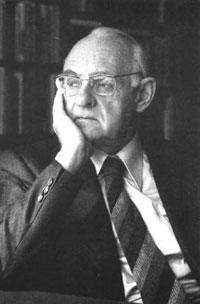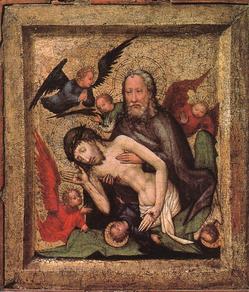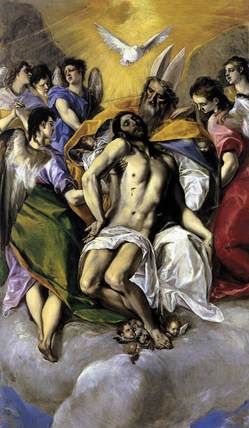Using the method of Saint Cyril and Methodius Pope Benedict
spoke about the work of the Church in making the faith intelligible to people
using their own language. The task of inculturation is an extremely difficult
work because of the nuances of language and culture. Just look at the headaches
in translating catechisms, papal speeches and liturgical texts today. The
coalescing of faith and culture is a work the Church has done since the time of
Christ. Watch the video clip on the subject.
The Pope said, in
part:
This was a decisive factor for the development of the Slavic
civilization in general. Cyril and Methodius were convinced that the various
peoples could not consider that they had fully received Revelation until they
had heard it in their own language and read it with the characters proper to
their own alphabet.
To Methodius falls the merit of ensuring that the work
began by his brother would not remain sharply interrupted. While Cyril, the
"philosopher," tended toward contemplation, he [Methodius] was directed
more toward the active life. In this way, he was able to establish the
foundations of the successive affirmation of what we could call the
"Cyril-Methodian idea," which accompanied the Slavic peoples in the
various historical periods, favoring cultural, national and religious
development. Pope Pius XI already recognized this with the apostolic letter Quod Sanctum Cyrillum, in which he classified the two brothers as
"sons of the East, Byzantines by their homeland, Greeks by origin, Romans
by their mission, Slavs by their apostolic fruits" (AAS 19 [1927] 93-96).
The historic role that they fulfilled was afterward officially proclaimed by
Pope John Paul II who, with the apostolic letter Egregiae Virtutis
Viri, declared them co-patrons of Europe, together with St. Benedict (AAS
73 [1981] 258-262). Indeed, Cyril and Methodius are a classic example of what
is today referred to with the term "inculturation": Each people
should make the revealed message penetrate into their own culture, and express
the salvific truth with their own language. This implies a very exacting work
of "translation," as it requires finding adequate terms to propose
anew the richness of the revealed Word, without betraying it. The two brother
saints have left in this sense a particularly significant testimony that the
Church continues looking at today to be inspired and guided. (Wednesday Audience, June 17, 2009)




